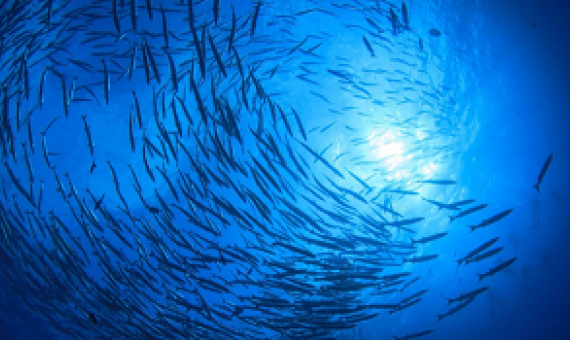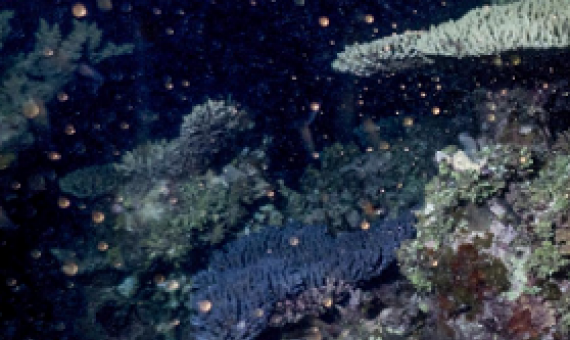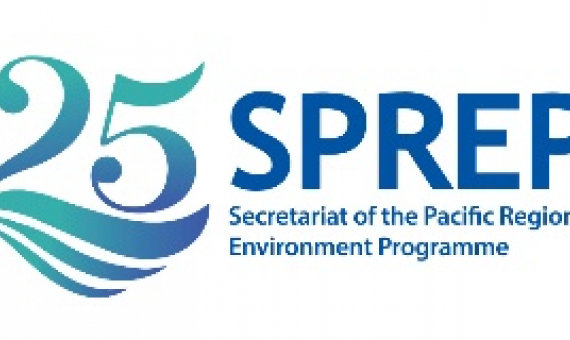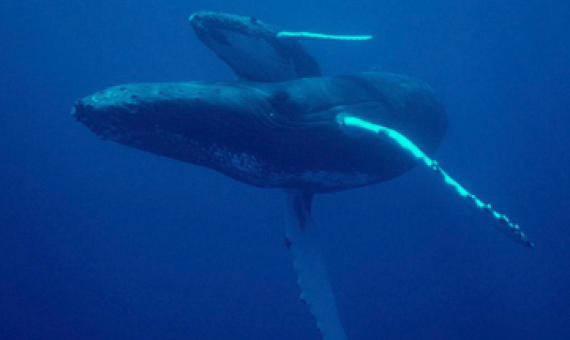Under assault from climate change, acidification, and a plastics barrage, the oceans get a boost from the marine reserve movement. Click on the link below to read the full article.
Forests' power to store carbon dioxide is staggering: one tree can store an average of about 48 pounds in one year. Intact forests could take in the CO2 emissions of some entire countries. Click on the link below to read the full article.
Climate change is making ocean heat waves worse—a reality that increases the chances for mass bleaching and puts young coral in jeopardy. Click on the link below to read the full article.
Marine protected areas increase resilience among coral reef communities
With marine biodiversity declining globally at accelerating rates, maximising the effectiveness of conservation has become a key goal for local, national and international regulators. Marine protected areas (MPAs) have been widely advocated for conserving and managing marine biodiversity yet, despite extensive research, their benefits for conserving non-target species and wider ecosystem functions remain unclear.
Coral reefs in protected areas that regulate fishing and pollution have declined to the same extent as reef systems in unprotected areas, according to recent research.
Earth Day is an important reminder of the need for a sustainable future and encourages people to show appreciation to the planet by making an effort to protect the environment and the ecosystems within it.
SPREP Is Currently Seeking Interest From Suitable Qualified Individuals For The Following Vacancies:
The United States Embassy in Suva is pleased to invite applications from resident nationals of Fiji, Kiribati, Nauru, Tonga and Tuvalu for the J. William Fulbright Foreign Student Program Scholarships for academic year 2020-2021. Click on the link below for further details.
...the Norwegian Royal Court announced that His Royal Highness Crown Prince Haakon of Norway would visit the nations of Tonga, Fiji and Samoa. The visit will be carried out from 5 April to 11 April of this year. Click on the link below to read the full article.
A persistent mass of warm water in the Arctic provided a preview of how climate change may impact humpback whales. Click on the link below to read the full article.















